 |
|
|
|
“Waste products created during the drilling of deep, exploratory wells were disposed of in large sumps, massive pits which are excavated into the permafrost,” says lead author Dr. Joshua Thienpont, former Queen’s PhD student and current postdoctoral fellow at Brock University. “Our research suggests that some sumps constructed in permafrost are neither a reliable nor a permanent container for saline drilling wastes, and they may leach into the nearby lakes.”
The team analyzed water samples from more than 100 lakes in the Mackenzie Delta region, and found that some lakes in proximity of sumps contained high levels of salts, particularly chloride, an important component of drilling waste fluids. In contrast, chloride levels were low in lakes unimpacted by sumps. “This research illustrates that if total containment of drilling wastes is a primary disposal objective, then alternatives to constructing sumps in warm permafrost must be explored,” says Government of the Northwest Territories Permafrost Scientist Dr. Steve Kokelj.
“These sumps were basically filled with thousands of litres of saline fluid, at concentrations more than triple those found in the oceans,” explains Queen’s Biology Professor John Smol, Canada Research Chair in Environmental Change, and the recent recipient of the Weston Family Prize for Lifetime Achievement in Northern Research. “When they fail, either because of poor construction practices or the thawing of the permafrost containing the material, the sump contents can migrate into nearby lakes, resulting in changes to the chemistry and biology.”
The team went on to show the drilling wastes had already changed the community of microscopic invertebrates in one impacted lake, which are an important component of the aquatic food web in lake ecosystems. Because no biological monitoring was conducted in the 1970s, the team had to rely on paleoecological approaches to reconstruct past ecological changes. Microfossils of tiny crustacean zooplankton were analyzed in a sediment core from a lake with a sump showing evidence of degradation, and showed a striking increase in a saline-tolerant species shortly following sump construction, suggesting issues with construction practices.
“As the interest in drilling for hydrocarbons increases in the Arctic, and climate warming continues to thaw permafrost, the impacts we observed are only the tip of the iceberg in terms of the cumulative impacts to the sensitive freshwater ecosystems of the region,” concludes Dr. Smol.
Other members of the multidisciplinary team include Dr. Jennifer Korosi (and former Queen’s PhD student), Prof. Jules Blais, Ms. Linda Kimpe and Ms. Cyndy Desjardins from the University of Ottawa, Prof. Michael Pisaric from Brock University and Queen’s undergraduate student Ms. Elisa Cheng. Their findings are published online in the journal PLOS ONE.
Funding for the research comes from NSERC, the Polar Continental Shelf Program and the Cumulative Impact Monitoring Program, Aboriginal Affairs and Northern Development Canada.
A copy of the study can be obtained from PLOS ONE at http://dx.plos.org/10.1371/journal.pone.0078875
High resolution images are available upon request.
Link to Supplementary Information
PLEASE NOTE: A PDF of the study can be obtained from the Journal website, or contact Dr. John Smol at smolj@queensu.ca.
Contact:
Rosie Hales or Anne Craig
Communications Officers
News and Media Services
Queen's University
Kingston, Ontario, Canada
Anne 613-533-2877,
anne.craig@queensu.ca
Rosie 613-533-6000 ext. 77513,
rgh3@queensu.ca
Attention broadcasters: Queen’s has facilities to provide broadcast quality audio and video feeds. For television interviews, we can provide a live, real-time double ender from Kingston via fibre-optic cable.
NOTE: For high-resolution JPEGS related to this paper, Click Here.
|
Joshua Thienpont Paleoecological Environmental Assessment and Research Lab (PEARL) Department of Biology Queen's University Kingston, ON, Canada, K7L 3N6 Phone: 613-520-2600 ext: 8370 Email: joshua.thienpont@gmail.com |
|
Steve Kokelj |
|
Jennifer Korosi Department of Biology University of Ottawa Ottawa, ON, Canada, K1N 6N5 Phone: 613-562-5800 ext: 6341 Email: jennifer.korosi@gmail.com |
|
Elisa Cheng Paleoecological Environmental Assessment and Research Lab (PEARL) Department of Biology Queen's University Kingston, ON, Canada, K7L 3N6 |
|
Cyndy Desjardins Department of Biology University of Ottawa Ottawa, ON, Canada, K1N 6N5 |
|
Linda Kimpe Department of Biology University of Ottawa Ottawa, ON, Canada, K1N 6N5 Phone: 613-562-5800 Ext: 6650 |
|
Jules Blais Department of Biology University of Ottawa Ottawa, ON, Canada, K1N 6N5 Phone: 613-562-5800 Ext: 6650 Email: jules.blais@uottawa.ca |
|
Michael Pisaric Department of Geography Brock University St. Catharines, ON, Canada, L2S 3A1 Phone: 905-688-5550 ext: 6152 Email: mpisaric@brocku.ca |
|
John P. Smol Paleoecological Environmental Assessment and Research Lab (PEARL) Department of Biology, Queen's University Kingston, ON, Canada, K7L 3N6 Phone: 613-533-6147 Email: smolj@queensu.ca |
Links to some of the media coverage of this paper:
CBC News Science Daily Eureka Alert PhysOrg Queen’s News Centre E Science News Environmental News Network Brock News
570 News Vancouver Sun Calgary Herald Saskatoon Leader Post Edmonton Journal Canada.com Global Post Climate Wire: forthcoming Lake Scientist
Radio: CBC North (Inuvik) CBC North (Yellowknife) Newstalk 770 – “Calgary Today”

|